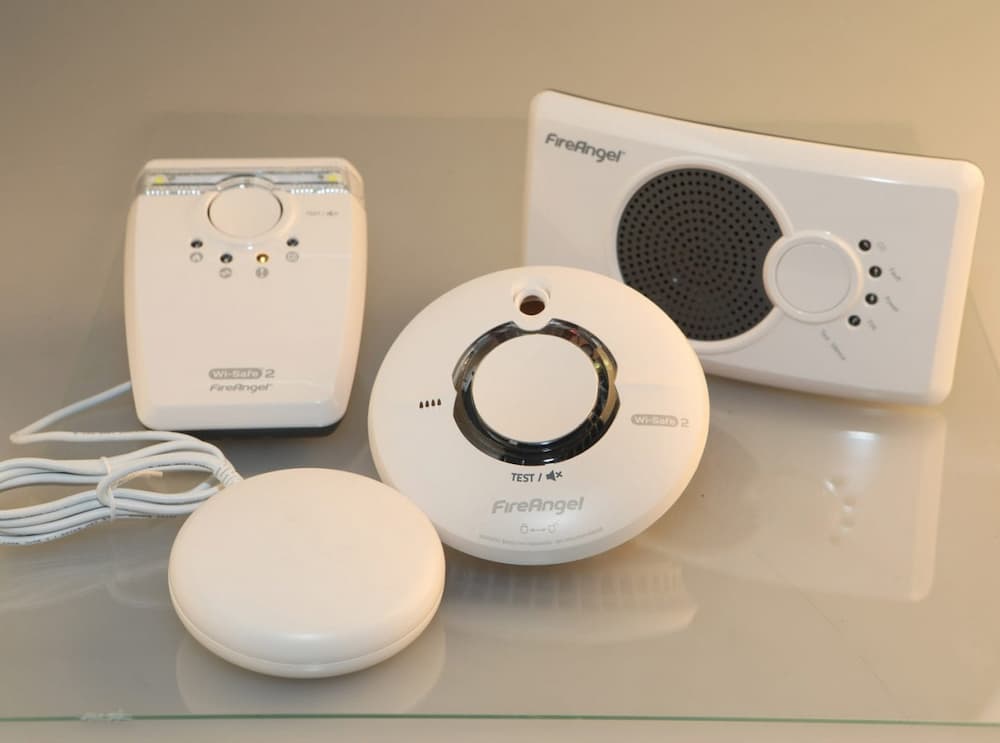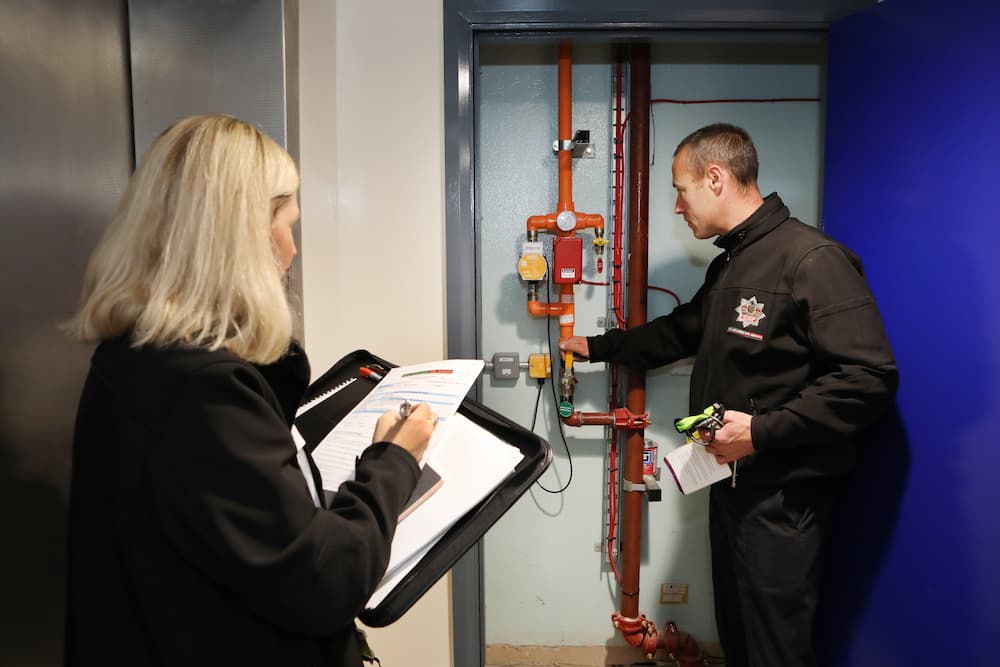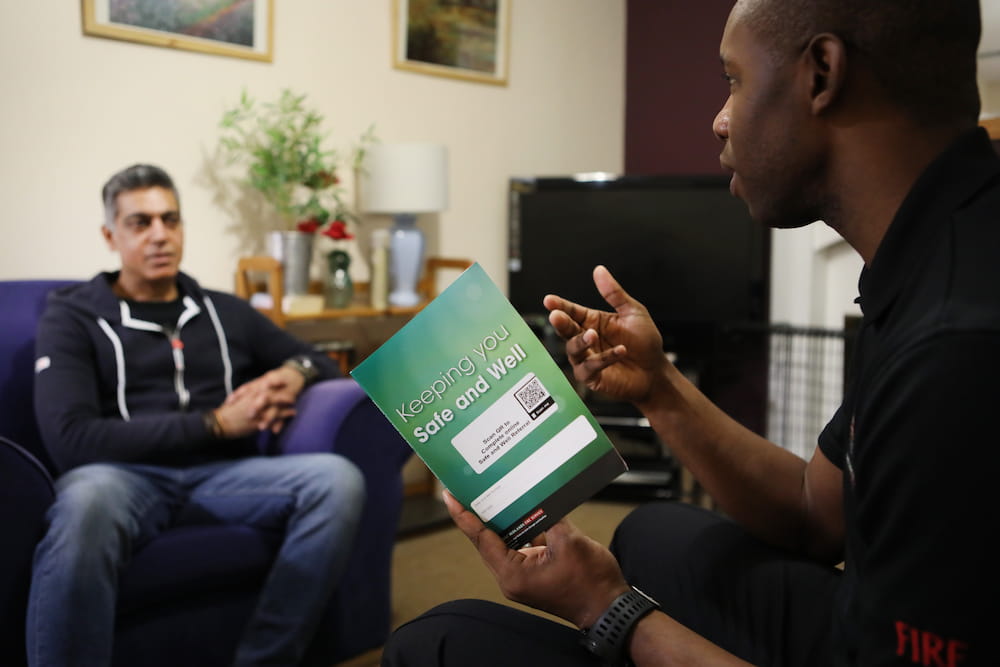As part of the West Midlands Fire Service’s (WMFS) strategic vision to make the West Midlands safer, stronger and healthier, we have produced a series of initiatives, training packages and guidance aimed at those working with and or supporting members of the community with care and support needs.
There is documented evidence following Safeguarding Adult Reviews (SAR) highlighting that following fatal accidental fires in the home, adults with care and support needs may be at an increased risk of fire. However, these traits are not always recognised by their care provider and are not shared with fire and rescue services who are best placed to offer advice guidance and support.
Public sector organisations have a duty under the Care Act 2014 to work effectively and in partnership to ensure that individuals can continue living independently, safely in their own home for as long as possible.
Fire service data analysis concludes that casualties of accidental dwelling fires who are in receipt of care and support, are more likely to be severely injured or die as a result of the fire.
Additionally, West Midlands Fire Service Serious Incident reviews (SIR), have identified a need for the risk and vulnerability to fire to be integral to the initial and ongoing individuals care plan, this should also include a responsibility to monitor and review any change of circumstance that affects that risk.


In assessing and providing for someone’s needs to live independently, a variety of health care agencies and professionals may be involved, so our guidance can assist those who are:
- Commissioners
- adult social care staff
- social workers
- occupational therapists
- those providing domiciliary and home support
- continuing health care professionals
- community nursing teams.
- Staff in organisations or agencies involved in the care of people in their own home
- Those providing unpaid care and support voluntarily to a family member or friend.
The aims and objectives of our guidance and associated learning provide information in the following areas:
- Identifying risk and vulnerability to fire
- the importance to include the risk of fire in the initial assessment and care plan design
- when and how to refer to WMFS including what support and services are available
- ongoing training and workforce development.
We trust our guidance will help raise awareness to the correlation of those living independently in their own home with care and support needs and any potential fire risk that may pose. The term ‘own home’ includes those people who live in sheltered housing with care and housing with extra care schemes









